7 Eco-Schools, 1 project
Would you like to learn more about how students around the world participate in the Eco-Schools programme?
Hear from participants from seven schools in Estonia, Montenegro, Malaysia, United Arab Emirates, Argentina, The Bahamas and Rwanda to find out how these schools integrate the Seven-Step framework, form an Eco-Committee and actively engage with sustainability-centred learning.
The video is available in 5 languages: Spanish, Portuguese, Chinese, French & English.
Participating seven Eco-Schools
Sekolah Kebangsaan Temonyong
MalaysiaVuk Karadžić Podgorica
MontenegroEP Murambi A
RwandaBishop Michael Eldon School
The BahamasPaldiski Ühisgümnaasium
EstoniaEscuela Modelo Mariano Acosta
ArgentinaOur Own High School (Dubai)
United Arab Emirates
NOW LIVE! ONLINE COURSE ‘What is an Eco-School?’
You will see our seven schools featured in the brand new *FREE* Eco-Schools introductory course now live on FEE Academy.
This course offers a first glimpse into the Eco-Schools programme and how it supports whole-school sustainability and environmental learning. You'll be introduced to the core elements of the programme, including the Seven-Step framework, the fourteen Eco-Schools themes, and the Green Flag award process. Complete the course to gain a certificate and learn how to get started on the Eco-Schools programme!
The seven schools from the working group are also contributing to a second FEE Academy course, which will showcase how the Eco-Schools Seven-Step framework is put into practice. If you’re interested in learning more about the Seven Steps and how to apply them at your school, we invite you to join our upcoming course: “Project-based learning with the Eco-Schools Seven Steps”, launching this September.
“ “Joining the Eco-Schools programme means becoming part of a global community of educators and learners who not only just care about the environment, but proactively embed it at the heart of what defines quality education – preparing communities to shape the world they live in. This is a community of practice that recognises education for sustainable development not as an optional add-on, but as a critical foundation for preparing learners to address the existential crises of our time: climate change, biodiversity loss, and pollution.” ”
This project was generously funded through our partnership with PPG.
Together with the Foundation for Environmental Education (FEE), PPG is committed to supporting the greening of education.
To read more about the two-year collaboration between PPG and FEE click here



